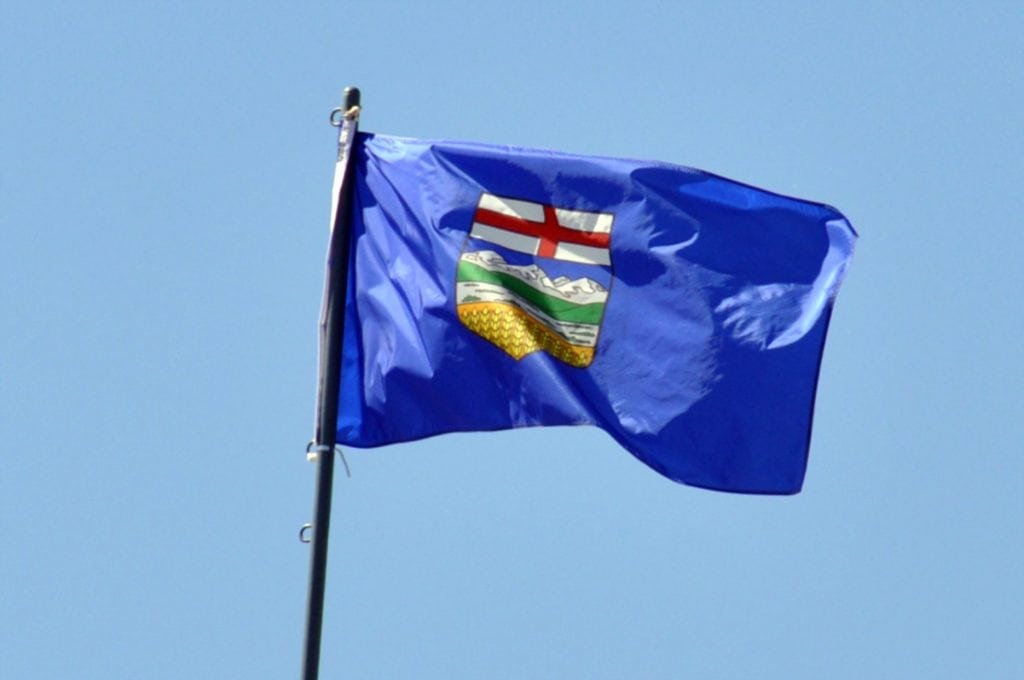Premier launches “Alberta Next” panel to explore province’s future in Canada
Premier Danielle Smith announced Monday that Alberta could hold a referendum on separation from Canada in 2026—if enough Albertans demand it through a citizen-led petition.
While the Premier emphasized her personal opposition to leaving Confederation, she confirmed her government would allow a vote on independence if the legal threshold for a referendum petition is met. “We will respect the democratic process,” Smith said in a province-wide address. “Ultimately, that will be for Albertans to decide.”
The possibility of a separation vote came amid a broader declaration of Alberta’s frustration with the federal government, following years of strained relations over energy, agriculture, and constitutional jurisdiction. The Premier launched a new panel, dubbed “Alberta Next,” that will tour the province gathering input on how to assert greater provincial autonomy.
The address followed last week’s federal election, which returned the Liberal government to power, now under the leadership of newly installed Prime Minister Mark Carney. Smith said she is willing to work with Carney “in good faith” but warned that if Alberta does not see meaningful reforms, the province will take further steps to shield itself from federal interference.
Watch Premier Smith’s address:
A Potential Turning Point
The Premier’s comments mark the most explicit acknowledgment yet from her government that separation is on the table—albeit conditionally. While she insisted her focus remains on negotiating a new framework within Canada, she did not dismiss the growing separatist sentiment in the province.
“There are thousands of Albertans that feel Alberta would be stronger and more prosperous as an independent nation,” Smith said. “That is an understandable and justifiable feeling to have—even if we disagree on what to do about it.”
Under Alberta law, any referendum requires a citizen petition backed by signatures from at least 20% of eligible voters. If that threshold is met, the provincial government is legally obligated to place the issue on the ballot.
The Alberta Accord
As an alternative to separation, Smith proposed what she called an “Alberta Accord”—a negotiated agreement with Ottawa that would give Alberta greater control over its economy and resources. Key demands include:
• Guaranteed port access for Alberta’s oil, gas, and minerals to international markets;
• Repeal of federal policies like the oil and gas emissions cap, the tanker ban, and net-zero electricity mandates;
• A halt to federal interference in areas of provincial jurisdiction;
• Equal treatment in federal transfers and equalization, matching what Ontario, Quebec, and B.C. receive.
If the federal government refuses to negotiate, Smith said, Alberta will push forward with its own constitutional and legal tools—including the Sovereignty within a United Canada Act and potential future referendums on other autonomy measures.
No Separation Vote—Unless Albertans Demand It
Though Smith has rejected outright separation, her comments struck a conciliatory tone toward pro-independence Albertans. She framed the debate as one between equally loyal citizens: those who believe Alberta must go its own way, and those who remain committed to Canada despite federal policies.
“Neither group is wrong,” she said. “They just love their province and want a better future than the one Ottawa is offering right now.”
The Alberta Next panel will hold a series of public town halls throughout 2025, culminating in a referendum in 2026 on measures the panel deems most popular. Smith stressed that any referendum must respect Indigenous treaty rights and constitutional protections.
What Comes Next
Premier Smith’s address signals a pivotal moment in Alberta’s relationship with Canada. While a full break from Confederation is not government policy, the mechanisms for such a move are now in motion.
The question facing Albertans: reform within Canada—or a future outside it?







